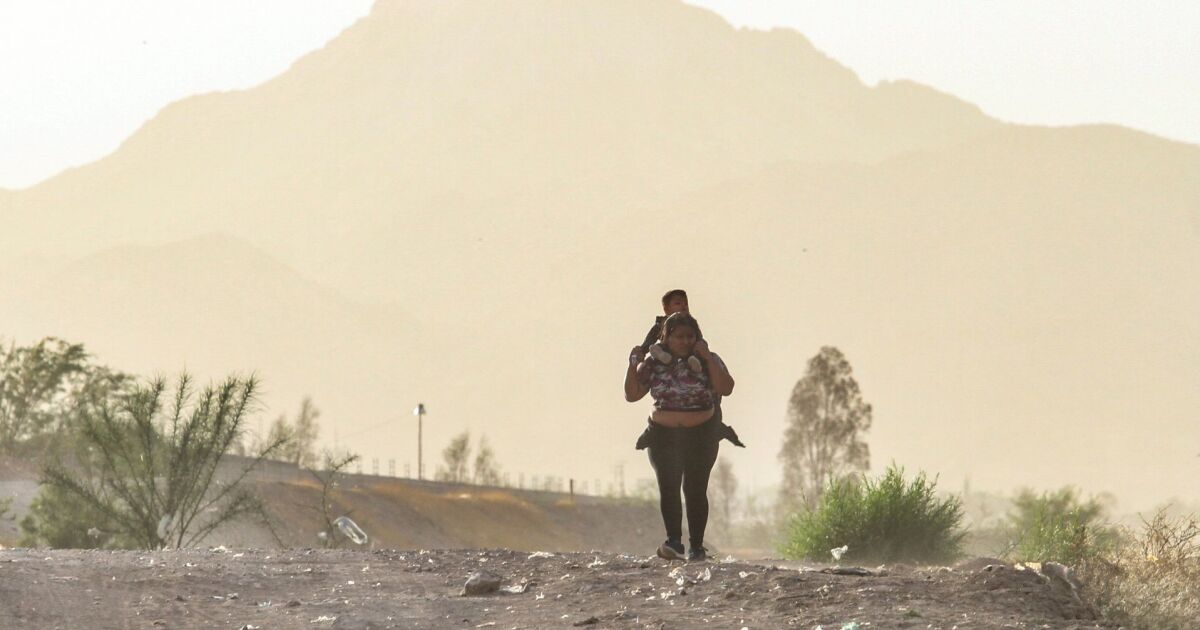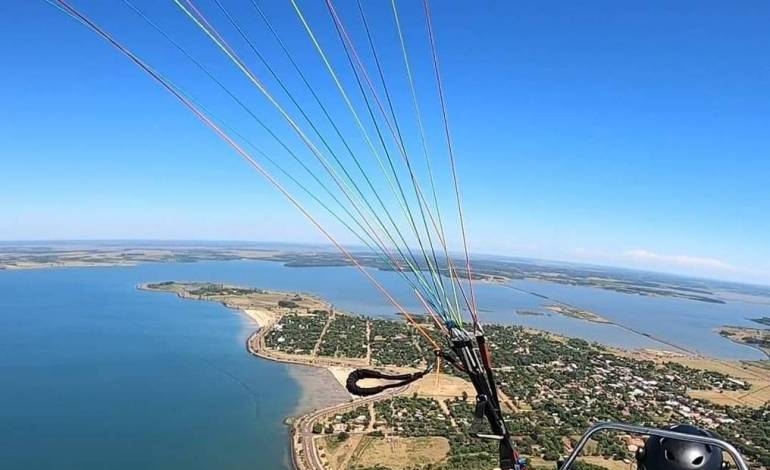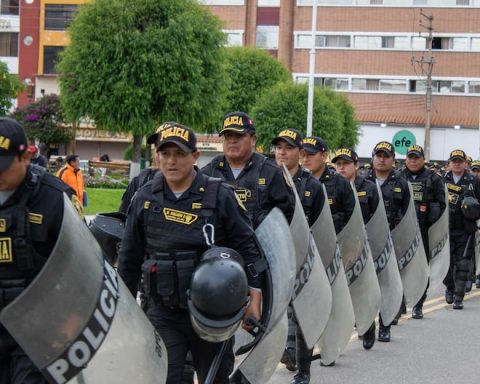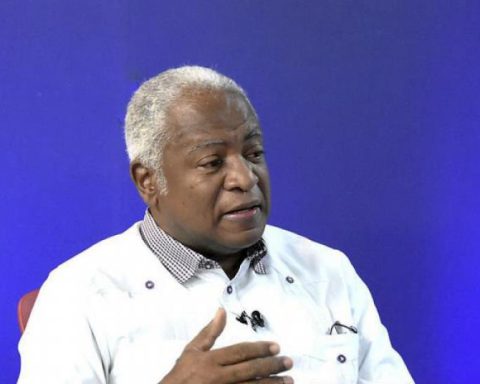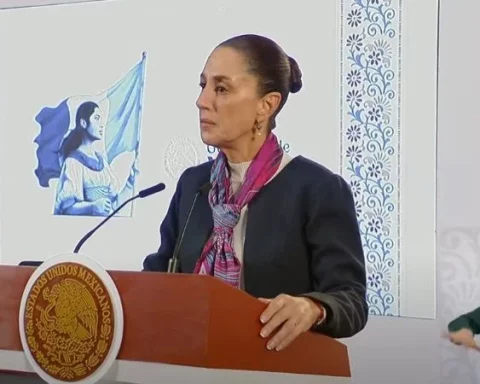In Tapachula, Chiapas, for example, women asylum seekers and their families wait months for their asylum cases to be resolved, living in shelters or rented rooms on the outskirts of the city, or camping in the central park with limited access to toilets and showers. In addition, they are victims of violence, which is precisely the problem from which they often flee their countries.
The Imumi and WRC document recounts the case of Jessica, a Honduran woman who remained in an immigration station in Mexico City, who recounted how she and a friend were detained by members of the National Guard in Ciudad Juárez, Chihuahua, after to be expelled from the United States. After the arrest, the uniformed men sexually abused them.
“They were detained in a migration station in Ciudad Juárez for two months before being transferred to Mexico City. The women were deported without the opportunity to file a complaint against elements of the National Guard,” the report states.
Women seeking international protection wait in precarious conditions. Due to the limited capacity of the shelters, many end up sleeping on the streets and at the expense of aggression, as happened with Mariana.
This also happened with Elena, a woman from Honduras, who tried to stay in shelters after being expelled from the United States; however, she was turned away and forced to stay in poor conditions, she told WRC staff. Later, she and her family tried to apply for asylum in the United States, but were expelled by Border Patrol to the streets of Tijuana, Baja California, where a rabid dog attacked and killed her 20-month-old son.
